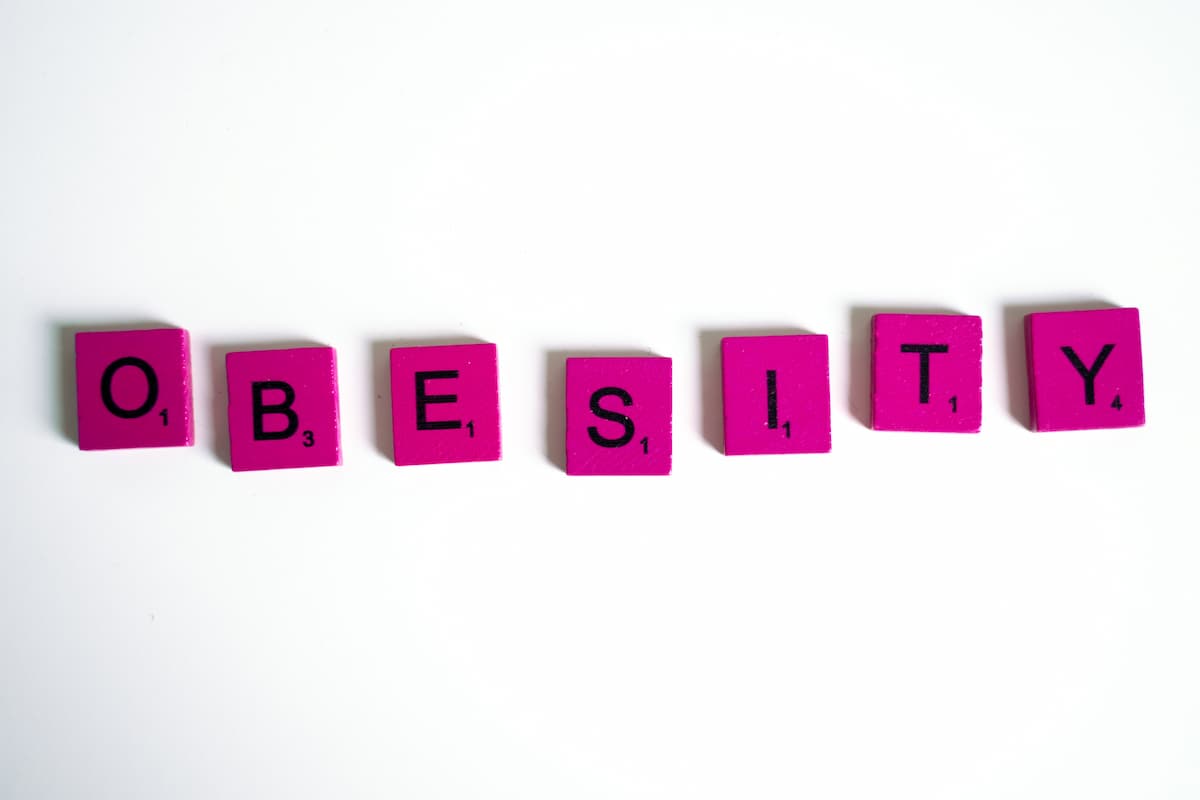This Content Is Only For Subscribers
Obesity and overweight are global public health issues, especially among women in the African urban region. Globally, it’s estimated that not less than 2.8 million people die every year as a result of obese or overweight. This article will discuss obesity in females and why it affects African women more.
Join our Spotcovery Global Black Community Facebook Group for early access to exclusive content and to share in a lively discussion.
Become an insider. Subscribe to our newsletter for more top trending stories like this!
Overview of Obesity in Females
Obesity in females is a pressing global health challenge characterized by too much accumulation of body fat. Being overweight in females has many health risks associated with it, including:
- Reproductive health complications
- Psychological issues related to self-esteem and body image
- An increased susceptibility to chronic diseases.
In the last few decades, the commonness of overweight in women has increased worldwide. Genetic predispositions, cultural influences, socioeconomic disparities, and hormonal changes are factors that contribute to obesity and overweight development in females.
Many books on Amazon have covered the causes of obesity in females and how to prevent it. You can get one or two books to educate yourself more on the topic.
People Also Read: Ramadan: Health Benefits and Challenges for African Americans
Why Obesity Affects African Women More
Many factors are responsible for the increased number of obese women in Africa. Here are the two main reasons African women experience obesity more.
Dietary Patterns and Cultural Norms
In several African communities, traditional food patterns include meals high in fats and carbohydrates. Also, with the availability of convenience and processed foods, many African females eat meals with lots of calories but lack the essential nutrients the body requires to stay nourished.
This food pattern contributes to the increased rate of obese African women. If you’re a woman living in Africa, you can buy a diet book on Amazon to learn how to eat healthy meals without spending much.
How the people of Africa perceive beauty standards and body image also contributes to the increasing number of obese women in Africa. Many African communities appreciate and celebrate fuller figures. They consider it as evidence of prosperity and beauty.
Socioeconomic Influences
Some African women can’t afford nutritious food options, especially those in the low-income communities. This leads them to eat calorie-dense but nutrient-poor diets.
Being unable to access recreational facilities and safe spaces for physical activity also stops them from exercising.
Become an insider. Subscribe to our newsletter for more top trending stories like this!
Many African communities lack good and affordable healthcare facilities. This makes it difficult for several African females to access quality healthcare services and resources for obesity management.
People Also Read: What Are Some Physical Health Problems in the Black Community?
Reproductive Health
In several African countries, cultural practices usually encourage excessive weight gain during pregnancy. However, the challenge with these cultural practices is the belief that getting enough rest can hinder weight loss after childbirth.
The unavailability of prenatal and postnatal healthcare in some African communities, especially villages, also limits the knowledge of nursing mothers on healthy weight management. Some feeding patterns during pregnancy and misconceptions about breastfeeding and weight loss also contribute to obesity in African females.
Lack of Health Education
Many African communities, especially the rural areas, don’t have health education programs that teach women about obesity, its associated risks, and how to maintain a healthy weight. The lack of proper education and awareness about the risks of being overweight and the benefits of regular exercise and eating balanced diets is also a key contributing factor.
The high rate of obesity among African women comes from a complex interplay of health, cultural, and socioeconomic factors. Solving this problem needs special strategies tailored to the needs of African women. You can get books on Amazon to learn how to prevent obesity in African-American youth and black females.
People Also Read: How Is Mental Health Viewed in the Black Community?
Nearly 80% of consumers visit directories with reviews to find a local business. List your business for free in our exclusive Spotcovery Black-Owned Business Directory.
Spotcovery offers unique and fresh daily content on Black culture, lifestyle, and experiences. We talk about everything black, black people, black-owned and black-owned businesses. We also deliver authentic and relevant content that will inform, inspire and empower you! The future of black media is critical to today’s black experience! Our primary audience includes African Americans, Africans, Afro-Caribbean, and people of African heritage. Black culture is for the culture!
Become an insider. Subscribe to our newsletter for more top trending stories like this!





